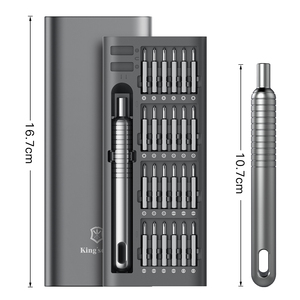Understanding Hand Tools HS Code
The hand tools HS code is a vital categorization within the Harmonized System (HS) that facilitates international trade. It serves as a global standard for identifying various hand tools for customs and trade purposes. The HS code system is crucial for businesses engaged in importing and exporting tools, as it determines tariffs and regulations. Familiarity with the appropriate HS code is essential for compliance and smooth trading processes.
Types of Hand Tools HS Code
Hand tools encompass a broad range of instruments utilized across various industries, categorized under different HS codes. Understanding these categories can streamline your trading operations. Here are the main types:
- Cutting Tools: These include knives, chisels, and scissors, essential for precise cuts and carvings.
- Measuring Tools: Tools like rulers, tapes, and calipers used to measure dimensions accurately.
- Driving Tools: This category includes hammers, screwdrivers, and wrenches, crucial for fastening and loosening tasks.
- Prying and Scraping Tools: Tools such as crowbars and scrapers, used in construction and renovations.
- Gardening Tools: Items like shovels, trowels, and pruners that aid in landscaping and gardening.
Applications of Hand Tools HS Code
The applications of hand tools HS code span various industries, reflecting their functionality and versatility. Some primary applications include:
- Industrial Manufacturing: Used in assembly lines for precision tasks.
- Construction: Essential for building frameworks, installations, and repairs.
- Automotive: Vital for maintenance, repair, and assembly of vehicles.
- DIY Projects: Widely used by homeowners and hobbyists for various home improvement tasks.
- Agricultural Work: Hand tools are indispensable in farming for planting, cultivating, and harvesting.
Features and Advantages of Hand Tools HS Code
Hand tools categorized under HS codes offer unique features that cater to specific needs across various applications. Understanding these features helps businesses select the right tools for their operations:
- Portability: Hand tools are generally lightweight and easy to transport, making them convenient for fieldwork.
- Cost-Effective: Compared to powered tools, hand tools often have lower upfront costs and minimal maintenance requirements.
- Precision: Many hand tools are designed for meticulous work, allowing for greater control during usage.
- Versatility: Many tools can be utilized for multiple tasks, enhancing their utility across various sectors.
- Durability: Constructed from high-quality materials, many hand tools provide long-lasting performance even under strenuous conditions.







































